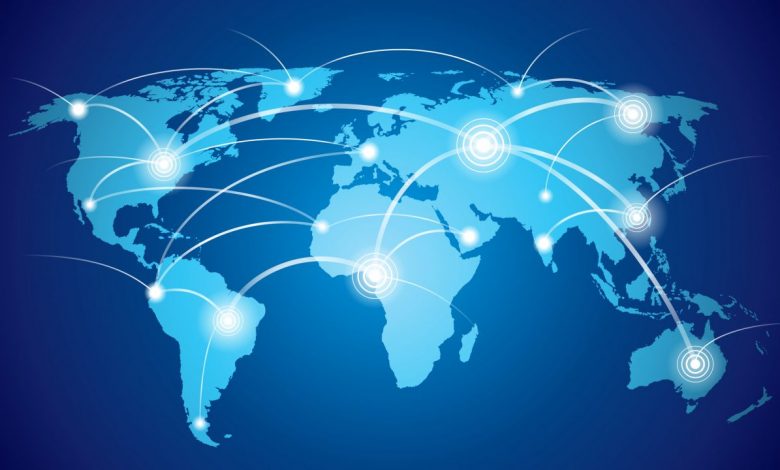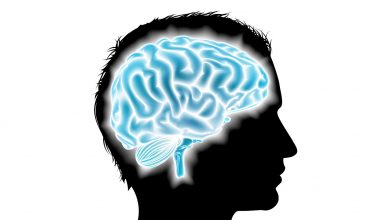
UNESCO advances knowledge societies at its 38th General Conference
This article is part of an ongoing series of articles on KM in international development.
The United Nations Organization for Education, Science and Culture (UNESCO) is the United Nations’ lead agency concerned with education, sciences, culture, communication and information. Strategic Objective 9 of the UNESCO 2014–2021 Medium-Term Strategy is “Promoting freedom of expression, media development and access to information and knowledge”:
By harnessing the power of knowledge through free communication and information, UNESCO seeks to facilitate the development of knowledge societies that are equitable, inclusive, open and participatory. They embrace values which are stated in its Constitution, and based on the following four key principles:
- Freedom of expression which applies to traditional, contemporary and new forms of media, including the Internet;
- Access to quality education for all;
- Respect for cultural and linguistic diversity;
- Universal access to information and knowledge, especially in the public domain.
At its 38th General Conference in November 2015, UNESCO adopted related resolutions that it says “will have echoes for governments and ordinary women and men around the world.”
UNESCO now has a consensus to work in the four areas of access to knowledge and information, freedom of expression, privacy, and the ethical dimensions of the information society.
To advance the continued development of inclusive knowledge societies, the 38th General Conference adopted the ‘internet universality’ concept to ground future online developments in a coherent set of four principles summarised as ROAM, being rights-based, open, accessible to all, and with multi-stakeholder participation.
Informing the resolutions were the Outcome Document of the CONNECTing The Dots: Options for Future Action Conference and the internet study Keystones to Foster Inclusive Knowledge Societies: Access to information and knowledge, Freedom of Expression, Privacy and Ethics on a Global Internet. The internet study was prepared through a multi-stakeholder consultation process in 2014-15. In March 2015, UNESCO convened the CONNECTing the Dots: Options for Future Action Conference to present the draft study for review. The adopted Outcome Document with possible options for action is reflected verbatim in the final internet study.
The 38th General Conference also adopted a recommendation on preservation and access to documentary heritage including in digital form, and proclaimed 28 September each year as the International Day for the Universal Access to Information.
It is hoped that, over time, the preservation and access to documentary heritage through the Memory of the World program reaches the same levels of recognition as other more established UNESCO instruments on heritage. UNESCO alerts that:
Archives and libraries public or private are faced with multiple threats: negligence, technological obsolescence and commoditization, natural disasters, conflicts and targeted attacks. Each in their own way, they endanger the memory of humankind.
Also published on Medium.






